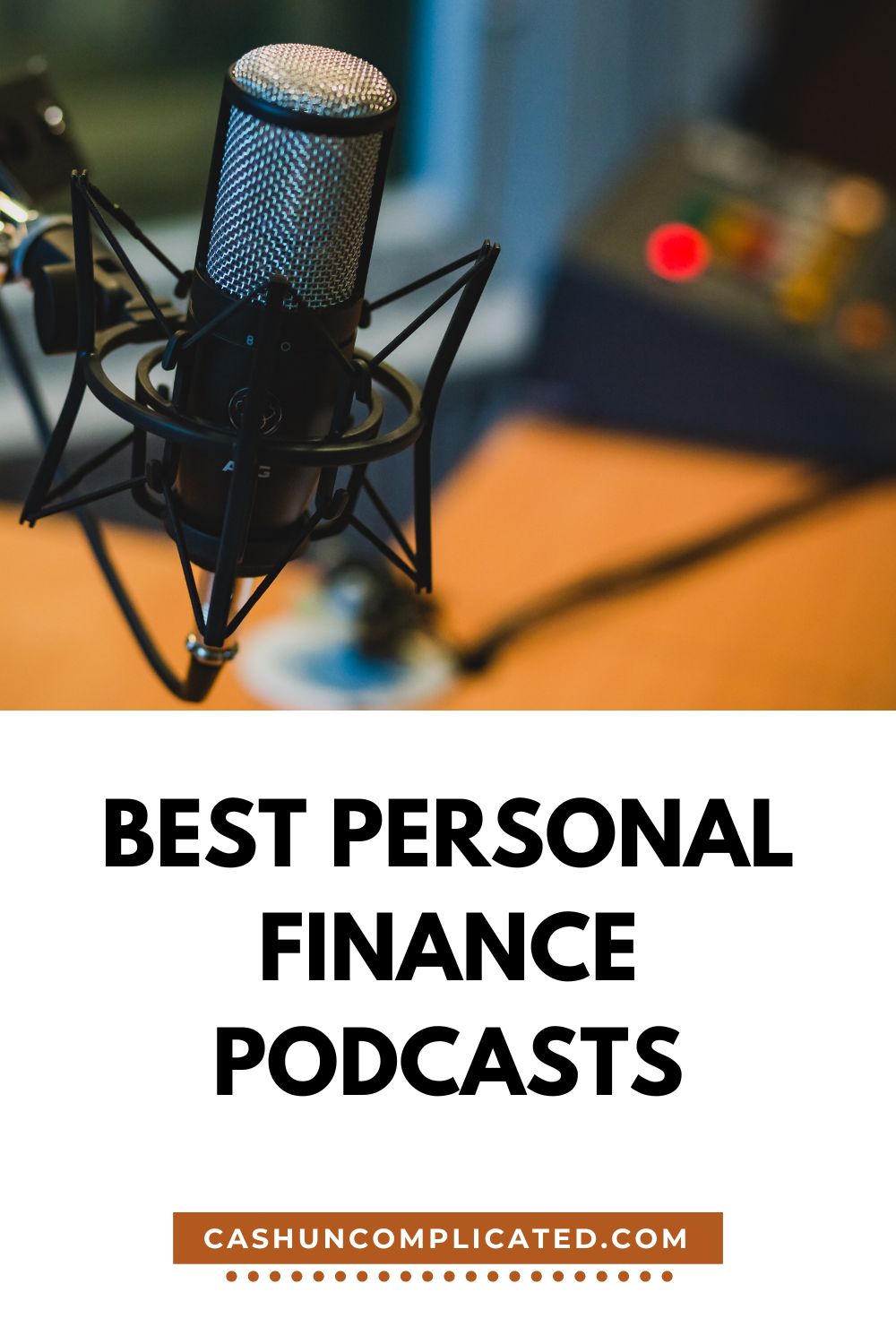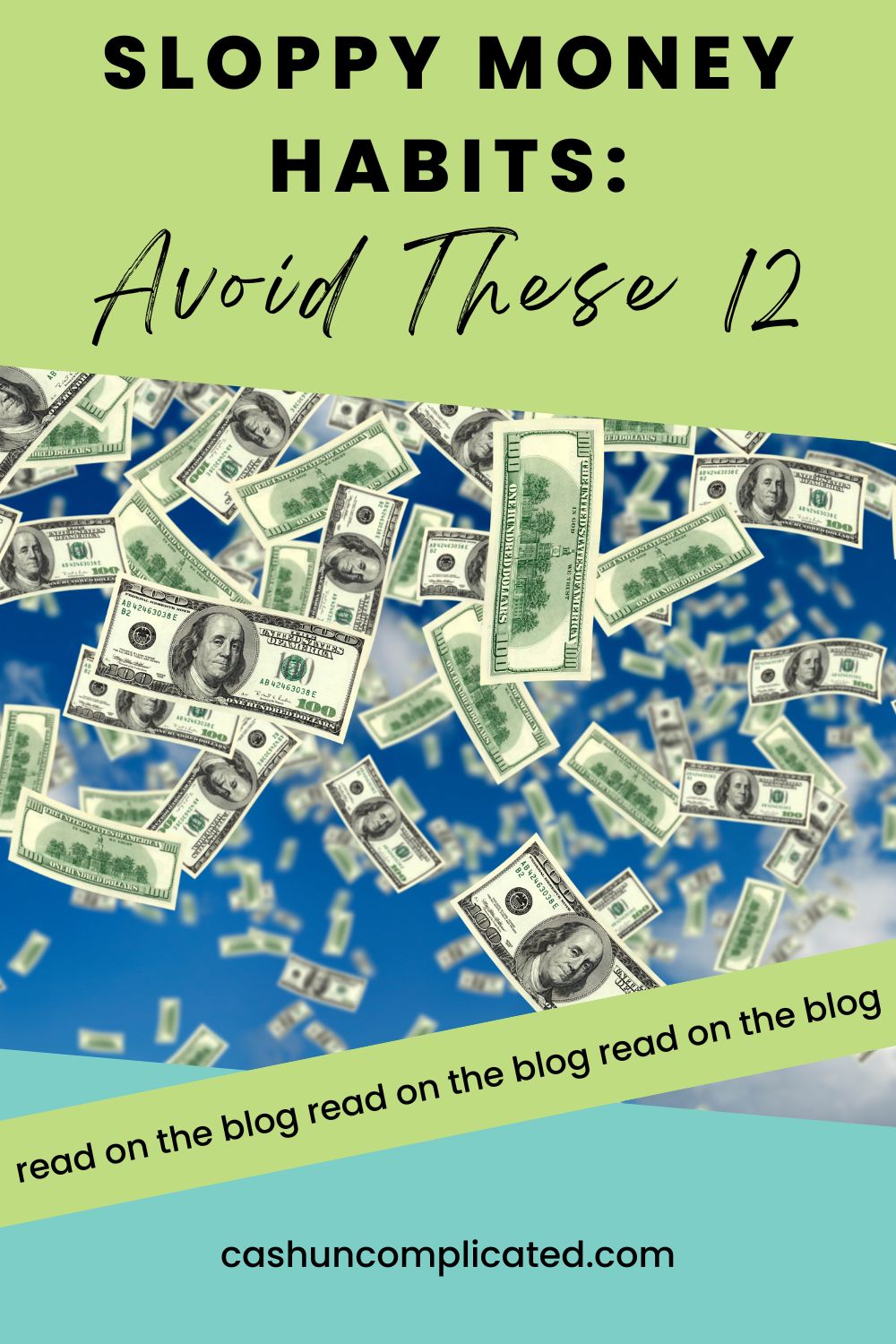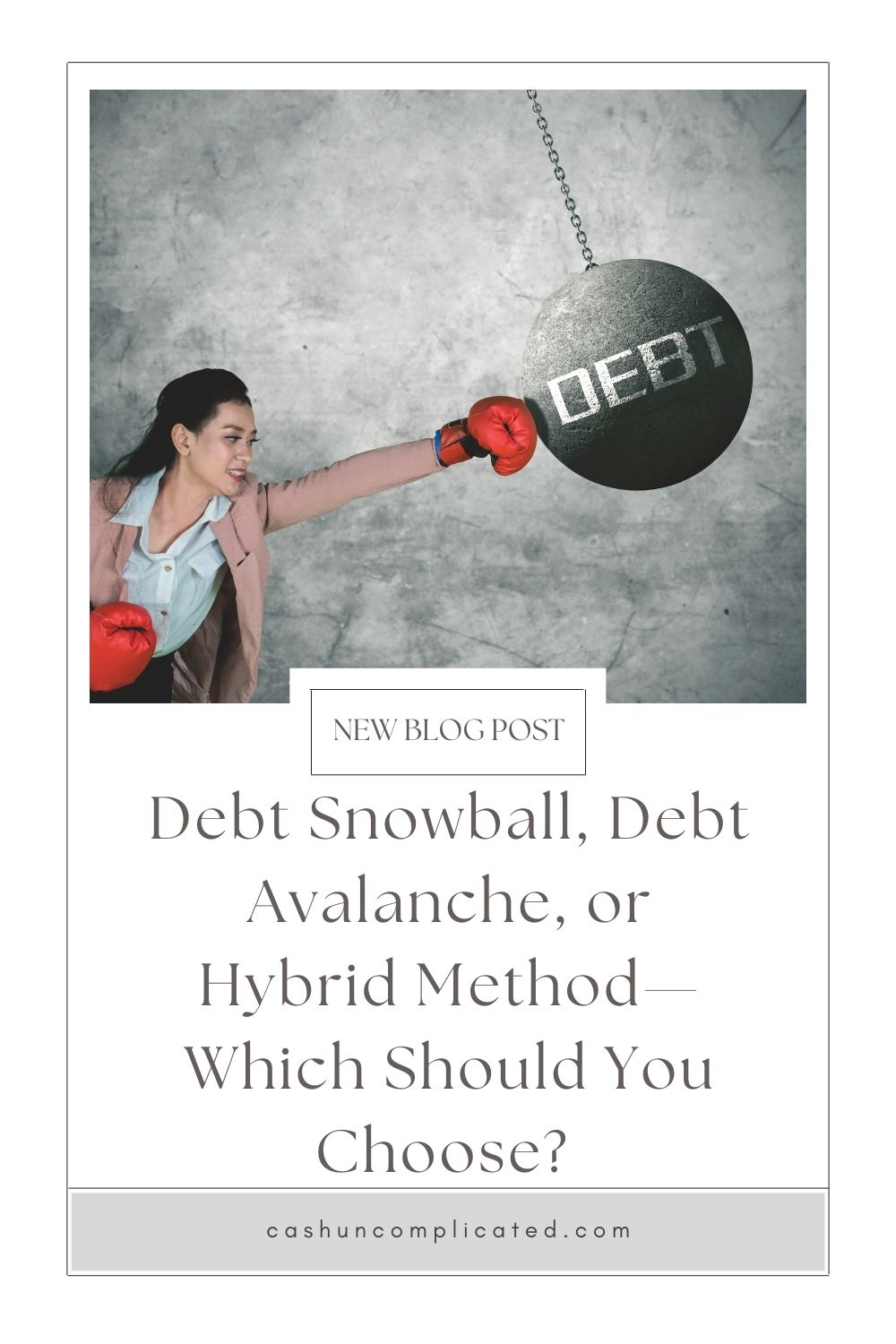A friend of mine asked me the other day about the best personal finance podcasts I listen to. I have a list of podcasts I like in the appendix of my book, but I’ve never really written about them in detail, so here goes.
Why Listen to Personal Finance Podcasts?
People learn in different ways. Some learn best by reading, others do better by listening, while other go through the school of hard knocks and learn by making mistakes and doing. Others learn by a combination of all of the above.
For me, podcasts are a great supplement to what I’m already reading and doing. I get the base of my learning from books, then begin to implement. I listen to podcasts to help reinforce what I’m learning and doing.
For example, if I read a good personal finance book, I’ll search for the author to see what podcasts he or she has been on. Then I’ll listen to a few episodes to hear them explain the reason behind their work, what they meant with certain concepts, and bonus items they didn’t write about in the book.
I’ll also listen to topics that interest me or that I’m focusing more on. So if I want to learn more about investing in real estate for example, I’ll load up on real estate podcasts so I can get a large amount of information at one time.
A Mobile University
Zig Ziglar encouraged his followers to turn their cars into a “mobile university.” What he meant at the time were books on tape and personal development programs, but that has since expanded to podcasts and other digital content.
Think about it for a minute. If your average commute is 30 minutes per day, that’s 30 minutes every Monday through Friday that could be spent learning something you are interested in. Over the week that’s 150 minutes, or two and a half hours. For the year you’re looking at 130 hours.
If you’re commuting anyway, why not learn while you’re at it? The amount of knowledge you can expand your mind with over the course of a few months to a few years is enormous. Imagine if you listened to a podcast about any topic for a few months in a row.
By the end of that time period, you will have gained hours and hours of great information that you can directly apply to your life. In this case, personal finance information. Even if you knew absolutely nothing about money when you started, if you listen to several hours over the course of a few months, you are bound to pick up a least a few things.
You won’t become an expert in three to four months, but you will have a much greater knowledge base than before you started.
Listen at Your Own Pace
Since most podcasts are not live, you can listen at your own pace. For a 45-minute episode, you can listen to and from work and finish up the next day. Then start a new episode and repeat the pattern.
Tip: If you’re coming back to a podcast, rewind 30 seconds to a minute so you can get your bearings on the episode. That short rewind will jog your memory and remind you of where you are in the episode.
Versatility
Podcasts are easy to listen to across a variety of platforms and settings. Listen on Spotify, Apple, YouTube, etc. Some podcasts even stream live and you can interact with the host and guest.
Listen in your car, on a walk, while doing dishes, out doing yardwork, or wherever you want. There are so many different ways to tune in.
Best Personal Finance Podcasts
The list below is a compilation of my favorite personal finance podcasts. I’ve listened to dozens of episodes (some hundreds) of each podcast and will give you my honest and complete take on each one.
Bigger Pockets Money
Bigger Pockets Money is the first personal finance podcast I listened to. It was kind of my gateway podcast that opened the door to not only other podcasts, but many book and blog recommendations as well.
Episodes range from beginner to more advanced. Sometimes the hosts cover general topics while other episodes feature guests from a niche like travel hacking or student loan pay down. The episodes are entertaining and informative, and I make it a point to listen to almost every one.
A newer feature on this podcast is “Finance Friday” where they take a look at the guest’s personal finances and give tips and advice on what they can do next. Most of the guests on Friday are average people wanting to better their financial situation, so they are easily relatable.
Choose FI
I started listening to Choose FI show shortly after Bigger Pockets Money. This podcast has been around for a long time and focuses on early financial independence, as the name suggests. Many of the guests are part of the FIRE Movement, so you’ll hear a lot of thirty and forty something guests who have already reached financial independence.
A big theme of the show, which I really like, is choosing what matters to you. This is consistent with one of my most important personal finance principles, value-based spending. It doesn’t matter what others are doing or thinking, you save and invest, and only the things and experiences that matter to you.
Afford Anything
The concept of Afford Anything is that you can, well, afford anything, but not everything. Meaning you choose what to spend on and what not to spend on.
The show is very realistic in that you can’t afford everything, but you can pick and choose what you want and be able to afford it. Much like the Choose FI podcast, this show is also big into value-based spending and living an intentional and deliberate life.
Erika Taught Me
Erika Taught Me is hosted by a former attorney and personal finance expert, Erika Kullberg. Many of the episodes are on other topics like health, fitness, wellness, etc. but she puts out a lot of content around personal finance.
Many of the guests are leaders in the personal finance field like Morgan Housel, Jaspreet Singh, and Ramit Sethi. While the show isn’t all personal finance, there’s more than enough to include it on this list.
Millennial Investing
Millennial Investing is another great personal finance podcast focusing on investing, spending, debt reduction, and a variety of other personal finance topics. Much like the other podcasts listed, Millennial Investing covers beginner topics to more advanced investing strategies.
I had the pleasure of being interviewed on this show on Episode 94 and MI Rewind. On my episode, Robert Leonard and I covered a big range of topics from paying yourself first, automation, good debt, and much more.
Bonus: It’s a Good Life
This is one of my favorite podcasts of all time. It’s a Good Life is hosted by Brian Buffini, owner of a business coaching company (with a heavy focus on real estate). This isn’t a personal finance podcast as the majority of his episodes are about mindset, taking action, and practical advice for business and everyday living.
But every now and then he’ll have an episode about money and personal finance that are must listen. His personal finance advice is simple, practical, and easily applicable for beginners to advanced. He’s also had some of the big names in personal finance on his show like Dave Ramsey and David Bach.
Conclusion
Podcasts aren’t new but they are increasing in popularity for good reason. It’s another way to learn and it can be done anywhere, at any time.
If you’re looking to improve in your personal finances, listen to a personal finance podcast or two every week. By the end of a few months you’ll feel a lot more confident and will have a very solid knowledge base.
What are your favorite personal finance podcasts? Send some recommendations in the comments.










